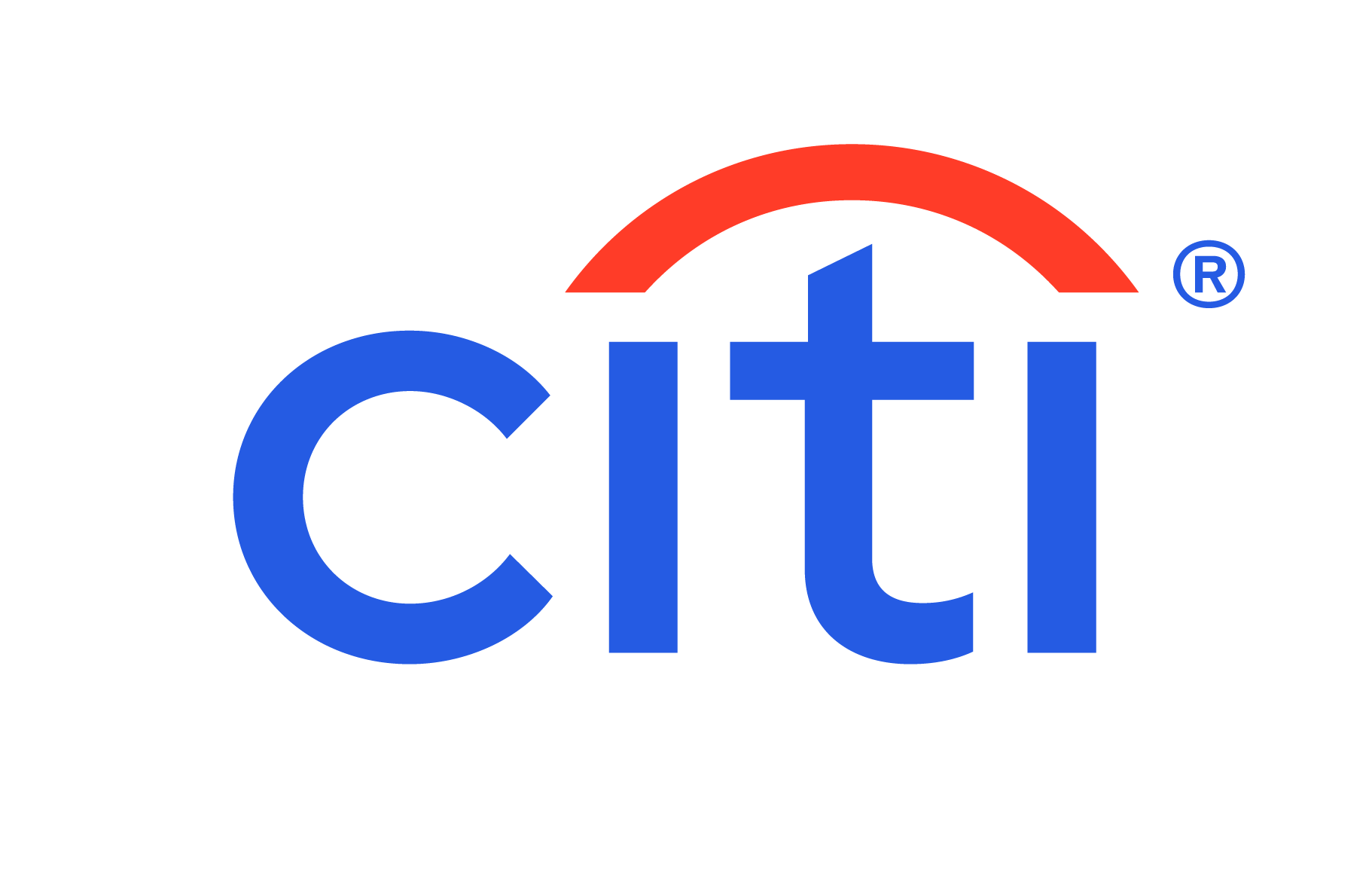Chase vs Citibank: Which Is Best for You?

Many, or all, of the products featured on this page are from our advertising partners who compensate us when you take certain actions on our website or click to take an action on their website. However, this does not influence our evaluations. Our opinions are our own. Here is a list of our partners and here's how we make money.
The two big national banks Chase and Citibank have similar products and fees (and ways to waive them), but they differ in some ways.
Consider what’s important in your banking life, whether that means nearby ATMs or branch access, and read on to see how the banks compare.
Snapshot comparison
Chase | Citibank | |
Checking accounts | Chase Total Checking®
| Citi Regular Checking (in Basic Banking package) N/A. |
Savings accounts | Chase Savings℠
| Citi Savings (in Basic Banking package)
|
Certificates of deposit | Chase CD interest rates
| Citibank CD interest rates
|
Overdrafts, ATMs, customer service | Chase details | Citibank details |
Choose Chase if:
You prioritize branch accessibility.
Choose Citibank if:
ATM accessibility is a priority.
You want higher CD rates.
You want to avoid overdraft fees.
Or go with an alternative
Unlike these brick-and-mortars, online banks don’t have thousands of branches. But they do have excellent annual percentage yields (APYs) that make your savings grow faster. And fees tend to be low or nonexistent.
» Want to know more? Check out NerdWallet's best high-yield online savings accounts and top online checking accounts
Chase vs. Citibank: Basic checking accounts
Chase Total Checking® | Citi Regular Checking (in Basic Banking package) | |
|---|---|---|
Monthly fee | $12. 3 ways to waive it | N/A. |
Minimum deposit to open | $0. | $0. |
APY | None. | None. |
ATM fees and network |
|
|
Sign-up bonus | $300 (expires 07/16/2025); our bank bonuses roundup explains how to qualify. | $325 (expires 07/07/2025); our bank bonuses roundup explains how to qualify. |
» Want more options? Take a look at NerdWallet’s best checking accounts.
Chase vs. Citibank: Basic savings accounts
Chase Savings℠ | Citi Savings (in Basic Banking package) | |
|---|---|---|
APY | 0.01% effective as of 02/10/2023. Interest rates are variable and subject to change. | Rates may vary by state. In some, it's 0.03% APY for balances below $25,000. |
Monthly fee | $5. 4 ways to waive it | $4.50. 3 ways to waive it |
Minimum deposit to open | $0. | $0. |
Sign-up bonus | N/A | N/A |
» Want to find higher rates? Check out NerdWallet's best online savings accounts.
Chase vs. Citibank: Certificates of deposit
Chase | Citibank | |
1-Year APY | 0.01%. | 3.00%. |
3-Year APY | 0.01%. | 2.00%. |
5-Year APY | 0.01%. | 2.00%. |
Minimum deposit to open | $1,000. | $500. |
Rates may vary by location. | ||
See more rates | ||
» Want better returns on your CD? See our list of best CD rates.
Chase vs. Citibank: Banking experience
Chase | Citibank | |
|---|---|---|
Branches | More than 4,700. | Over 600. |
Banking apps (current ratings from app store users) |
|
|
Customer service |
|
|
Chase vs. Citibank: Overdraft fees
Chase | Citibank | |
|---|---|---|
Overdraft fee | $34, maximum of three per day. No charge if account is overdrawn by $50 or less at end of day. Also no overdraft fee if the account balance is overdrawn more than $50 but is brought down to being overdrawn by $50 or less by the end of the next business day. | $0. |
Overdraft protection transfer fee | $0 per transfer. | $0. |
Extended overdraft fee | None. | None. |
More branches or more ATMs
For more branches, Chase may be better for you. But for more free ATMs and higher CD rates, Citibank may be more attractive.
Both banks have a range of accounts and services, but they’re similarly bogged down by poor rates.
If you’re not impressed with either bank, check our roundup of the best online checking accounts or best credit unions for other options.
The information related to Citi checking and savings accounts has been collected by NerdWallet and has not been reviewed or provided by the issuer or provider of this product or service.



